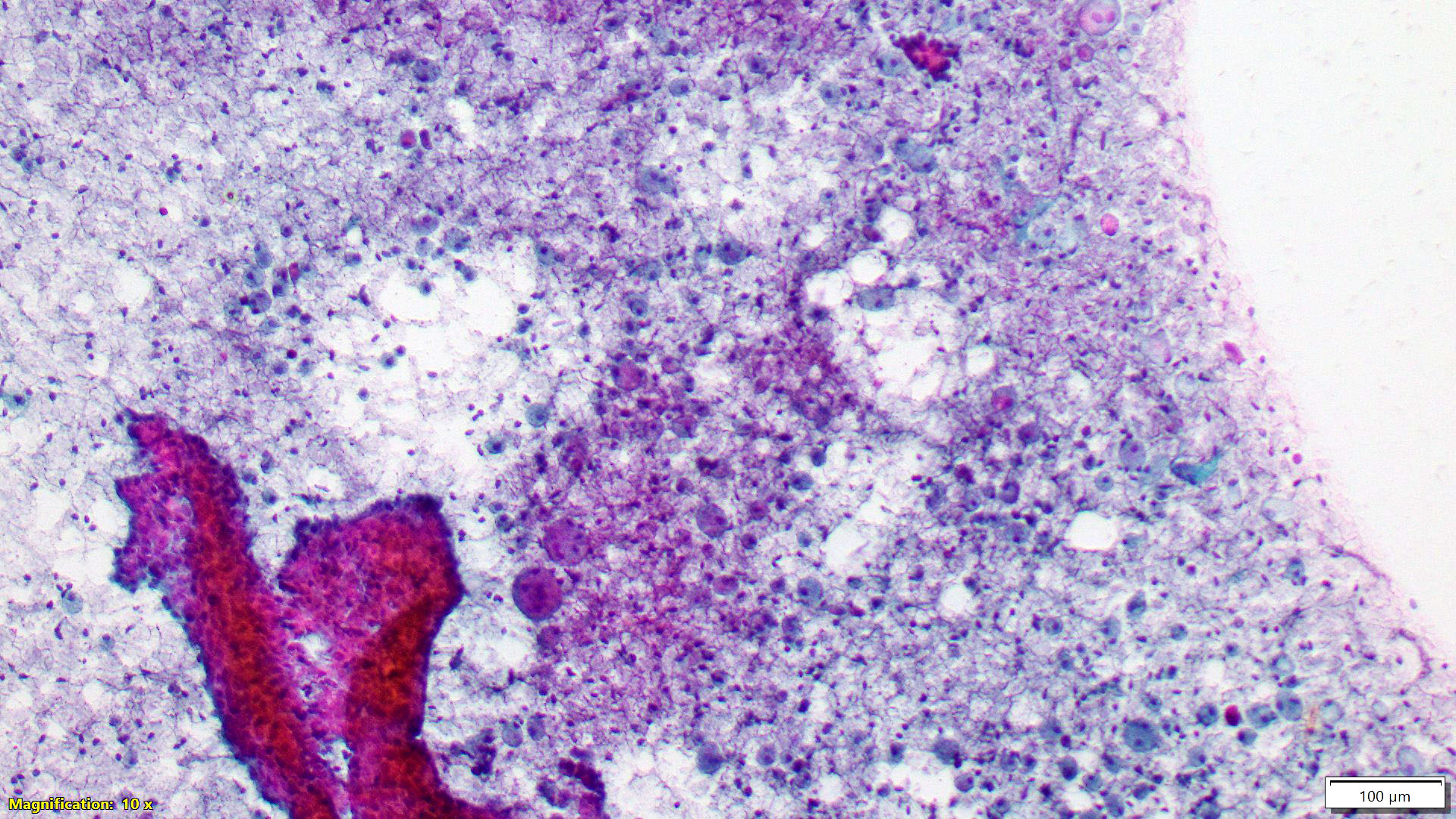
Introduction to FNAC
Fine Needle Aspiration Cytology is the abbreviation for Fine Needle Aspiration Cytology. The FNAC test is a simple, rapid, and low-cost test to assess a specific condition or body region. It involves aspirating cells from a particular body region using a fine gauge needle. The sample is then sent to the lab, where it is examined under a microscope through several processes. This test is quite helpful in diagnosing inflammatory diseases and malignancies of varying types. This technique is commonly used for examination of the breast, kidney, liver, lungs, prostate, pancreas, salivary glands, retroperitoneum, and lymph nodes.
Fine needle aspiration cytology helps in the diagnosis of breast cancer as well as the testing of swellings for lymphoma, non-Hodgkin’s lymphoma, tuberculosis, Toxoplasmosis, granulomatous lymphadenitis, and other diseases. Furthermore, it can be used to investigate cytological abnormalities in patients. It can be used in assessing cysts, lymph nodes and other solid lumps in the body.
The test report tells about any abnormality in the cells from your sample. The test reports clearly indicate if your sample consists of benign tumour cells (non-cancerous) or malignant tumour cells (cancerous). If the test is deemed inconclusive, your doctor might recommend another test or surgical biopsy for further diagnosis.
You may need an FNAC test if a bulge or swelling is observed in superficial parts of the body, such as the breast or neck, to assess whether the swelling is cancer. Thyroid, salivary gland, and lymph node disorders are also tested with this method. Your doctor may also advise an FNAC test for the cytological evaluation of a body mass.
The location of the tissue mass, superficial or deep, will determine whether local anesthesia is required. After the sanitizer has been applied, place a sterile towel over the area. A needle is inserted in the appropriate location, and a small amount of the tissue is aspirated. This sample is then submitted to the lab for evaluation.
The FNAC technique is normally well tolerated, with most patients reporting minor to no discomfort throughout the operation. However, you may feel a little discomfort while the needle is inserted. There were no patients who were in severe discomfort. Also, when necessary, local anesthesia is given before the procedure.
Fine Needle Aspiration Cytology (FNAC) is a low-cost, rapid, and safe alternative to histopathology for the diagnosis of tuberculosis. It’s a patient-friendly method that accurately assesses cytomorphological characteristics.
A positive FNAC test does not necessarily indicate cancer. Your doctor may recommend additional tests to establish a final diagnosis based on your medical history, complaint, signs and symptoms, and clinical examination. Once your doctor confirms your diagnosis, he or she will provide you with treatment and effective treatment strategies.
An FNAC test is a simple test that doesn’t require much preparation. There is no need to do fasting before the test. It is always advisable to consult your physician for any specific precautions to be taken before the test. Disclose any current medication you are on to your physician.
A biopsy is mostly a surgical procedure of removing a part of the body tissue to examine in the laboratory for any abnormality. FNAC is a simple form of biopsy that is less traumatic and requires only a sample of cells aspirated with the help of a syringe. As there are only limited cells collected in FNAC, sometimes your physician may advise a surgical biopsy.
In diagnosing lymph node cancers, FNAC of lymph nodes is a highly beneficial and precise method. It may be the primary method to discover primary cancers and sometimes is the only way to diagnose metastatic tumours in lymph nodes. It can be used to provide a preliminary diagnosis of lymphomas, which can then be confirmed by histology and immunohistochemistry.
